United Arab Emirates

Country Spotlight
The United Arab Emirates does not have nuclear, chemical, or biological weapons programs, but does possess ballistic and cruise missiles. The UAE operates the first nuclear power plant on the Arabian Peninsula, and its civil nuclear cooperation agreement with the U.S. is considered the “Gold Standard” for nonproliferation.
See the UAE's performance in
Region Middle East and North Africa
3 Reactor units operational at Barakah nuclear power plant
$10 million Donated to the IAEA Low Enriched Uranium (LEU) Bank in Kazakhstan
2 THAAD air and missile defense batteries deployed
Nuclear
- Signed $20 billion deal with South Korea for procurement of 4 nuclear reactors, the first of which began commercial operation in April 2021
- Signed “Gold Standard” 123 agreement with U.S. in 2009, permanently relinquishing pursuit of enrichment and reprocessing capabilities
- Strong supporter of peaceful nuclear energy, signed the IAEA’s Additional Protocol
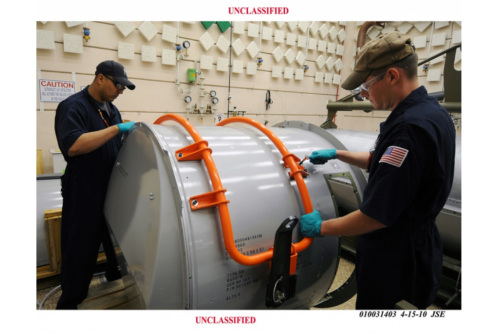
Overview of the Nuclear Disarmament Resource Collection
Biological
- Prime Minister announced in 2005 that UAE hoped to become the Middle East’s biotech hub
- Built a Biotechnology & Research Park in Dubai in 2010 that houses companies like Pfizer and Amgen
- Ratified the Biological and Toxin Weapons Convention in 2008
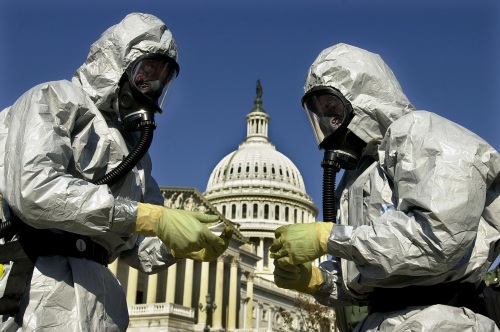
Tutorial on Biological Weapons Nonproliferation
United Arab Emirates Overview
Missile
- In January and February 2022, intercepted Houthi ballistic missiles strikes; first successful operational uses of THAAD system
- Purchased Black Shaheen cruise missiles from France and the UK, and 100 ATACMS ballistic missiles from the U.S.
- Acquired Scud B ballistic missiles from North Korea in late 1980s; current status unclear
Overview: Applying New Tools to Nonproliferation: A Nuclear Detective Story
Overview of The CNS Missile and SLV Launch Databases
Chemical
- Operates large chemical industrial sector in Chemicals Industry City in Abu Dhabi
- Ratified the Chemical Weapons Convention in 2000
- Does not possess a chemical weapons program
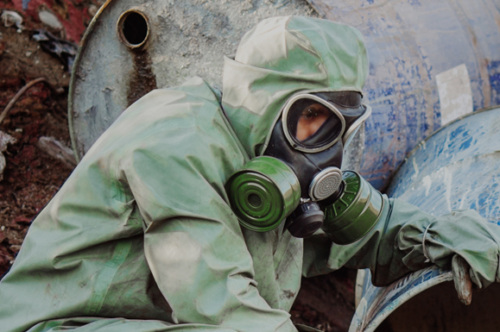
Tutorial on Chemical Weapons Nonproliferation
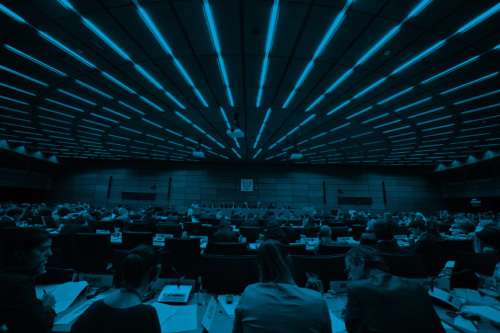
NTI Tutorials
Treaties and Regimes Memberships
- NTI
- CNS
Analysis
United Arab Emirates

How we learned to love the meme
Behind the scenes on a new social media strategy at NTI.
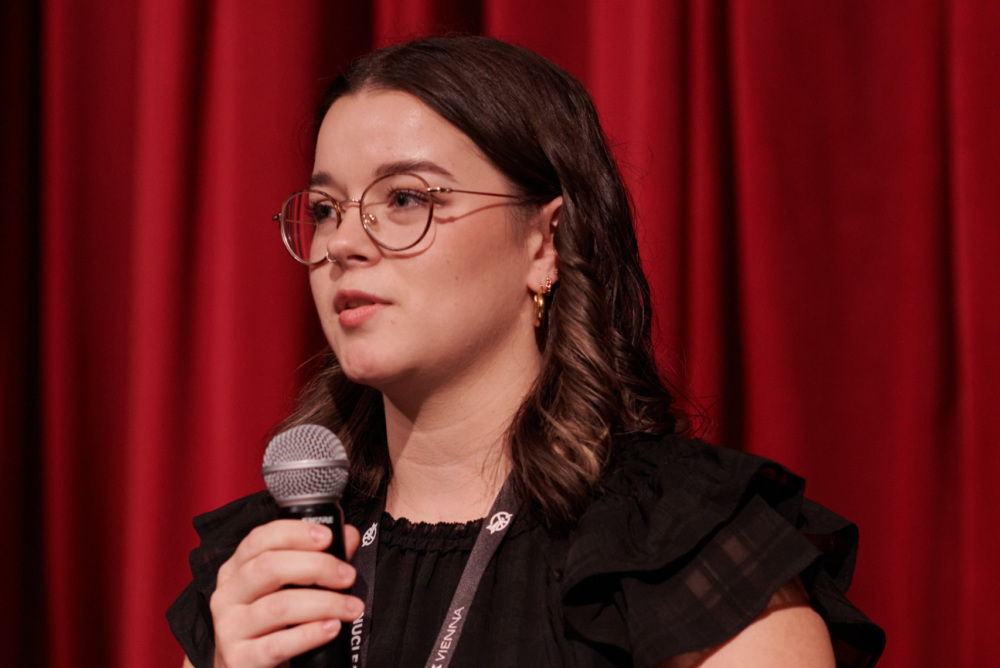
Young Voices in International Security: Mackenzie Knight
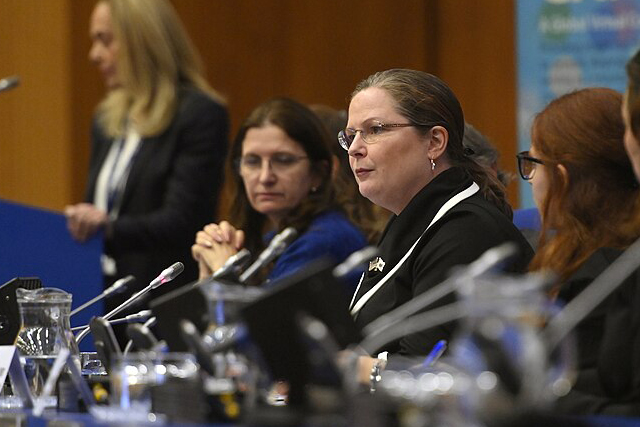
Past Event
A Conversation with Ambassador Laura Holgate on the Future of Nuclear Security
Virtual NTI Seminar
|
11AM EDT

Education Center
